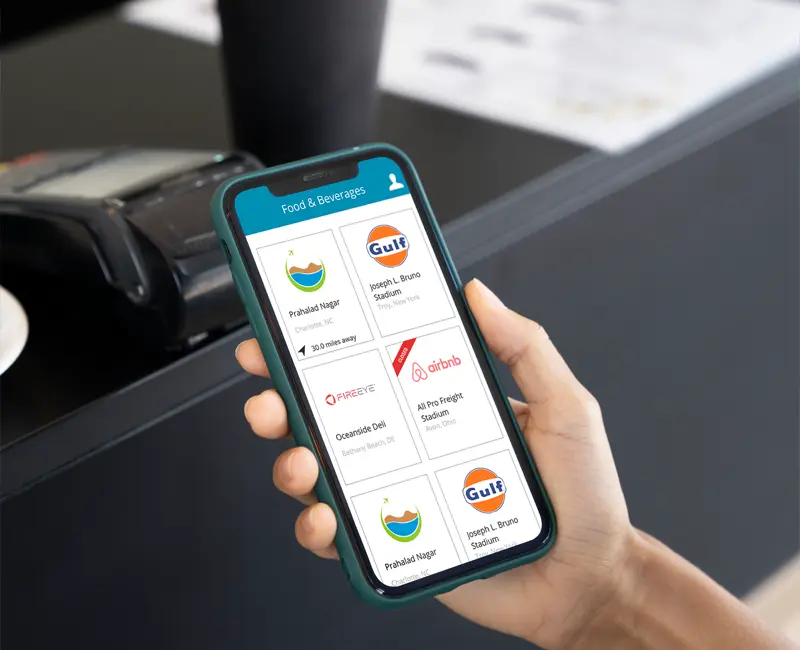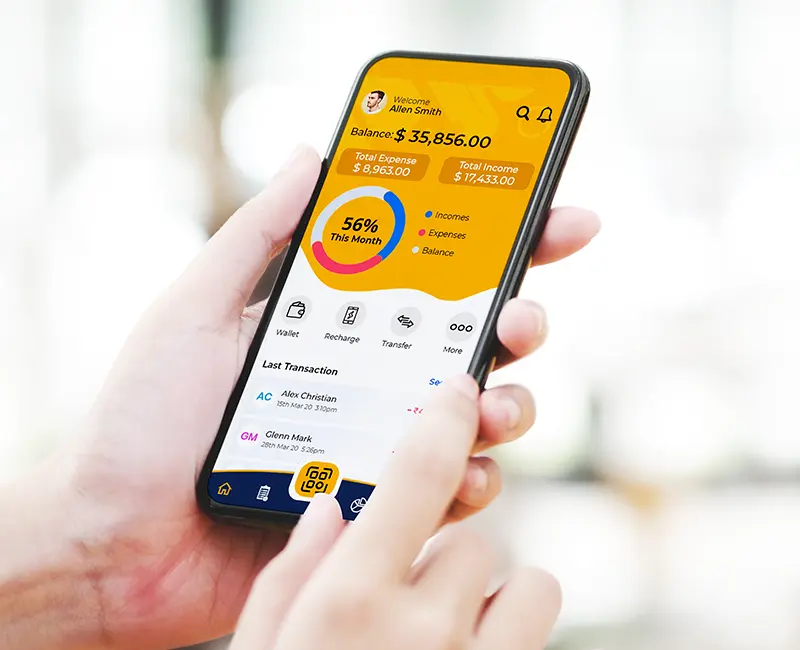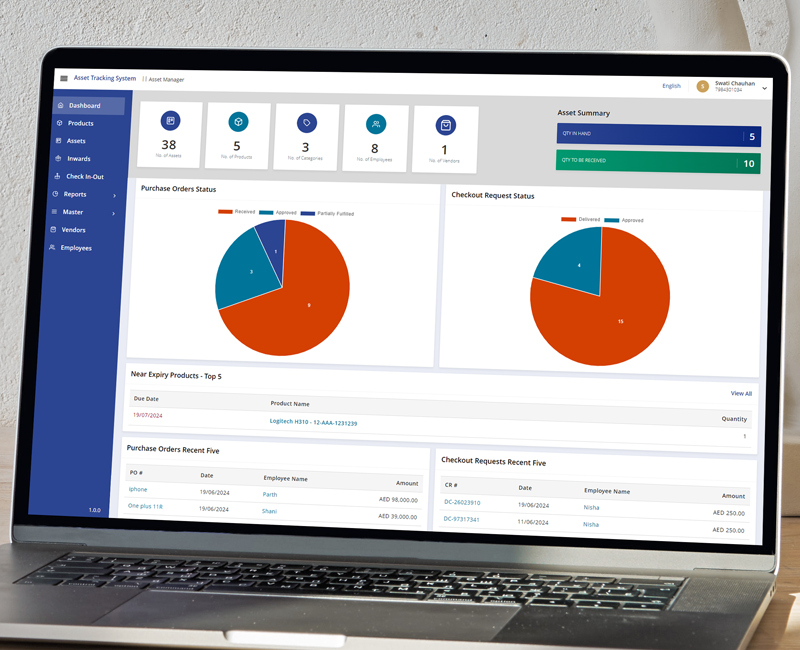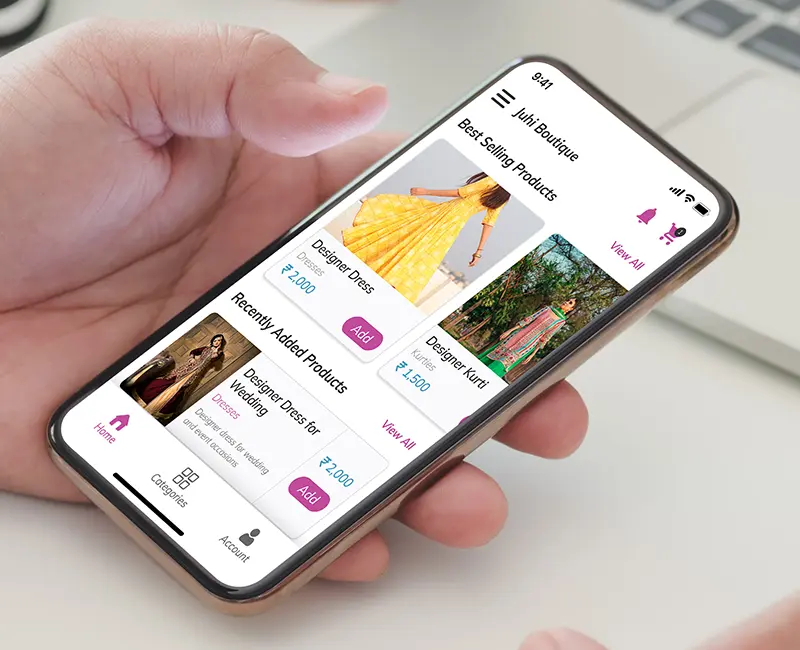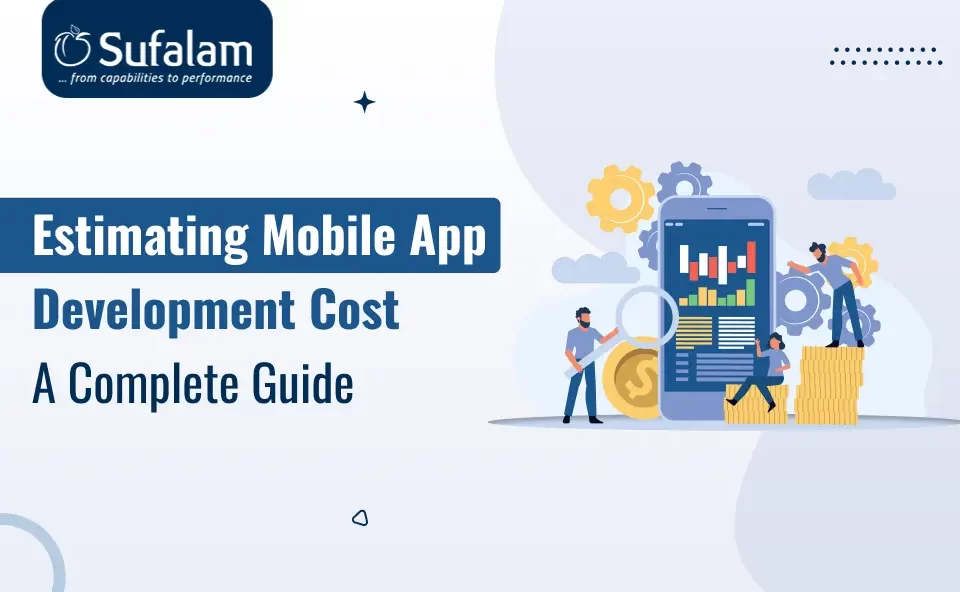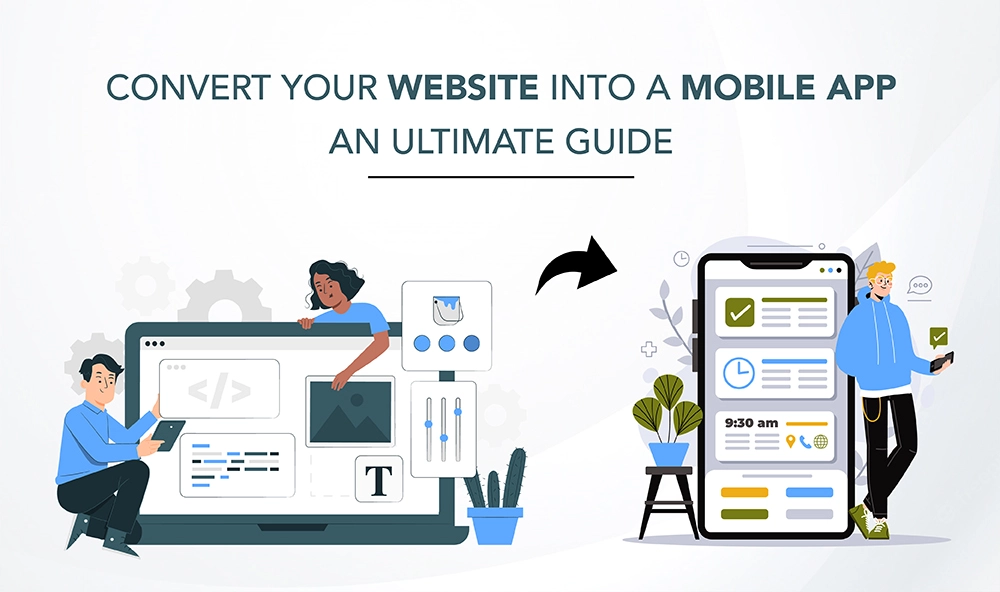
Any modern company competing in difficult markets needs to embrace digitization to succeed. However, in order for your company to remain competitive and relevant in the modern business world, you need more than just a mobile website. The future is today, and that future is app development.
Consider how you use your smartphone on a regular basis, whether you use an iPhone or an Android. Apps account for 88% of all mobile time usage. If you’re unsure about whether to build an app for your company, you should know that by 2023, mobile apps are predicted to generate more than 935 billion USD in income.
To convert a website into an app, you need to create a user-friendly app. We’ll explain why turning a website into an app is typically a challenging process and why it’s still worthwhile.
5 reasons to convert a website into an app
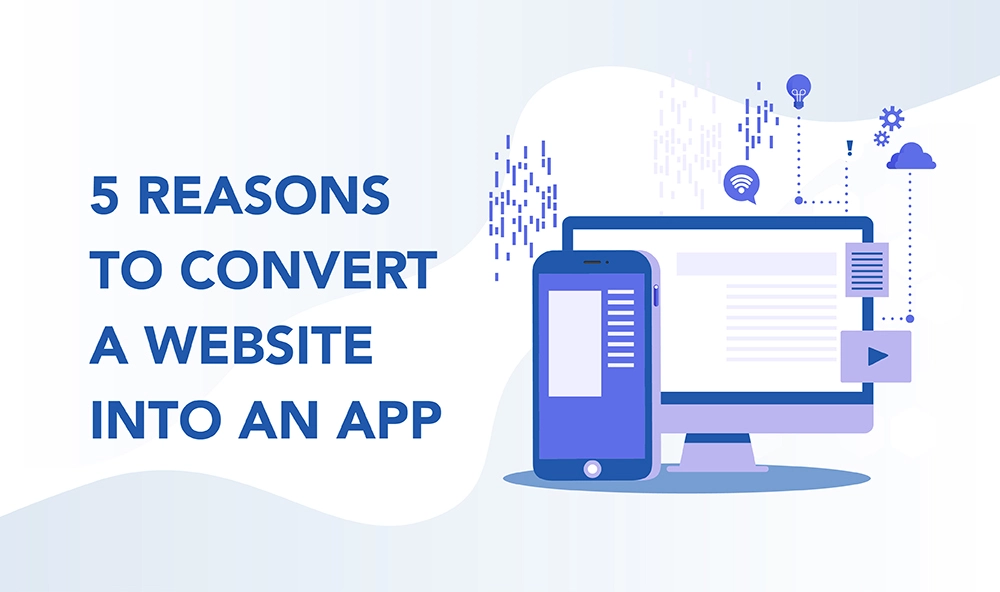
Enhances customer loyalty!
The fact that apps generally foster more loyalty is another justification for turning a website into a mobile app.
Going to Google Play or the App Store is a commitment act in and of itself. The 20% of users will generate 80% of your company’s engagement and income.
By mobile app development, you can provide these core consumers with a “home” that includes an icon on their main screen, a more personalized experience, and a one-tap link to your stuff. Through push notifications, you can easily communicate and stay top-of-mind, giving you additional possibilities to strengthen the relationship.
Customers expect firms they buy from to have at minimum one app as they spend the vast majority of their time on apps.
Simple to use!
A native app is significantly simpler for a smartphone user to obtain, launch, and utilize once it has been installed on the device. You don’t trust me? You may give it a try right now. Open an app on your phone by reaching inside your pocket. Go to that business’s website right away. Which was the quickest and simplest?
A single click is required to launch a mobile app. However, accessing a website necessitates opening a web browser, entering the URL by hand, or using a search engine to locate the site.
That is only one of the many factors that lead users to choose iOS and Android apps for mobile web browsing.
Offline access
Even though the internet has provided global connectivity, there are still transient or persistent dark patches that prevent businesses from reaching clients during these outages. Some users might only have a spotty or nonexistent internet connection depending on where they are. Mobile apps can function without an internet connection, whereas websites always need one, making them constantly accessible.
To allow customers to utilize your app even if they don’t have a reliable connection, you may also incorporate several offline capabilities.
Mobile app development may therefore address the challenges with internet access that are essential for any website but not for apps. In terms of accessibility, mobile apps outperform websites.
Enhanced user experience
How fast and easily a consumer may obtain information about a firm has a significant impact on their experience with the app. Between a lead and a conversion, support response time can make all the difference.
The key to giving your customers the quickest communication possible may be a specialized mobile app.
A mobile app is much more dependable, customized, and practical than a website or other medium. Since clients can sign in using their contact details, they don’t have to be concerned about losing sight of their service requests.
Additionally, this information is accessible to your team, enabling them to provide rapid and efficient client service. Not only does this boost customer satisfaction, but engagement as well.
Greater features
There is no getting around the fact that mobile applications are capable of far more functionality and features than web pages. You may incorporate features like social media, push notifications, a camera, mapping, biometric detection, and GPS tracking right away by turning a website into an app. As a result, consumers can enjoy using an app more. It makes use of the built-in capabilities of mobile devices, and you gain access to valuable data.
Steps to convert your website into an app
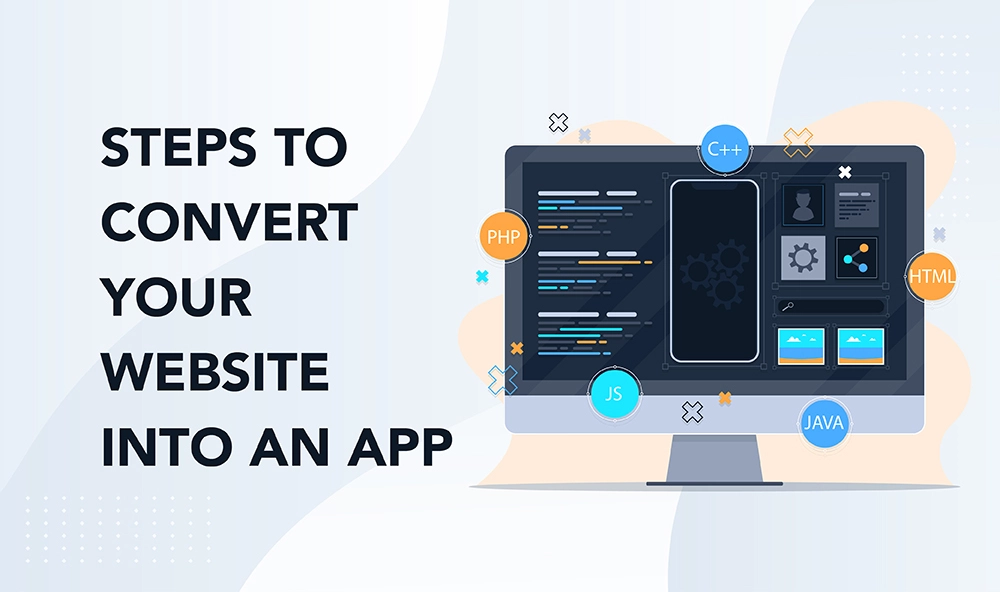
Ask yourself the right questions.
You are likely moving toward app development if you have read this far. But it’s important to remember that not every website needs a mobile app. If your website is already responsive to mobile devices, you might not require an app to enhance the user experience. In that instance, developing a mobile app can just be extra work that isn’t necessary if more consumers merely choose your website.
Here are some inquiries you may use to determine whether a mobile app development is appropriate for your company.
- Does my website work on mobile devices?
- Can my website perform all the functions of my app?
- Do most users of my website use desktop browsers?
- Does my website have a high search engine ranking?
- Do my rivals have a mobile app?
Answering these questions will help you decide.
Look for the features that you want in your app.
When you have decided to turn your website into an app, you need to consider your goals and decide on the right features to fulfill them.
Decide whereas what functionalities your application should have and how those features will help your consumers. It’s crucial to limit your feature selection during this step to those that serve the main functionality and goal of your program.
An e-commerce app, for instance, doesn’t necessarily need a social networking function. Keep it straightforward and concentrate on what is important most for your business, customers, and ultimate goals. Consider concepts that will work with the built-in features of various cell phones.
Website Builder
This strategy is for people who want to build an app but don’t know how to code and are looking for a cheap alternative.
Many website builders in this market help you to turn your website into an app.
The latest technologies allow for the creation of standard apps for particular concepts and services. Although they are useful, they call for several online features and search for pre-made layouts and themes.
Coding from the scratch
This is for people who can create an internal team for mobile app development and don’t want to rely on website builders.
- You get a fresh start and can customize every little aspect of the user experience.
- You can apply what you already know about your primary web product to the project involving apps.
- No effort should be wasted on teaching your employees about the objectives, target market, or brand of your company.
- Use the same milestones, checks, etc. from your design approach for the app.
- Your mobile application can be revised as much as you’d like both during development and after.
- As the team becomes acclimated to working together, feedback and revisions will move more effortlessly.
To get efficient results, you need to connect with the leading mobile app development company.
Decide the ideal budget
The pricing and budget are two additional crucial factors to take into account when you want to turn your website into an app. Your features, development costs, operating system, timetable, and other considerations will affect the price.
Don’t only choose the cheapest price, and don’t even choose the highest bid. Take everything into account and choose wisely based on your company’s needs, your target market, your budget, your platform, and other relevant factors.
Make sure to set aside money in your budget for upgrades and maintenance after launch.
Test, launch & Maintain
Before putting the app in the hands of actual mobile users, you still need to test it out after it has been produced. This is crucial if you have been developing native apps for iOS and Android yourself or with the help of a development team.
It happens when programmers include errors in their code. Only by testing the program on a variety of gadgets, operating systems, and platforms can these flaws be found and fixed.
It’s time to publish the app to the app stores if you’re happy with how it performs. It’s important to remember that Apple and Android have different publication standards. So, make sure to abide by them to not suffer any problems further.
After it goes online, you must put in a lot of work to maintain it and it will keep delivering a top-notch user experience.
To sum up!
In conclusion, both websites and apps are essential for every business’s success online. Your company might already have a robust website; all it needs is a dedicated app to give it the push it needs.
There will always be a need for websites. They’re excellent for building brand awareness, SEO, and generating traffic from search engines.
Websites, however, just barely scratch the surface of what mobile app development is capable of.
So, if you’re prepared to get going and advance your website, it’s time to develop an app. No matter what you require, we can meet it. The designers and programmers at Sufalam Technologies – the leading mobile development company are here to take care of all of your development and converting needs.




